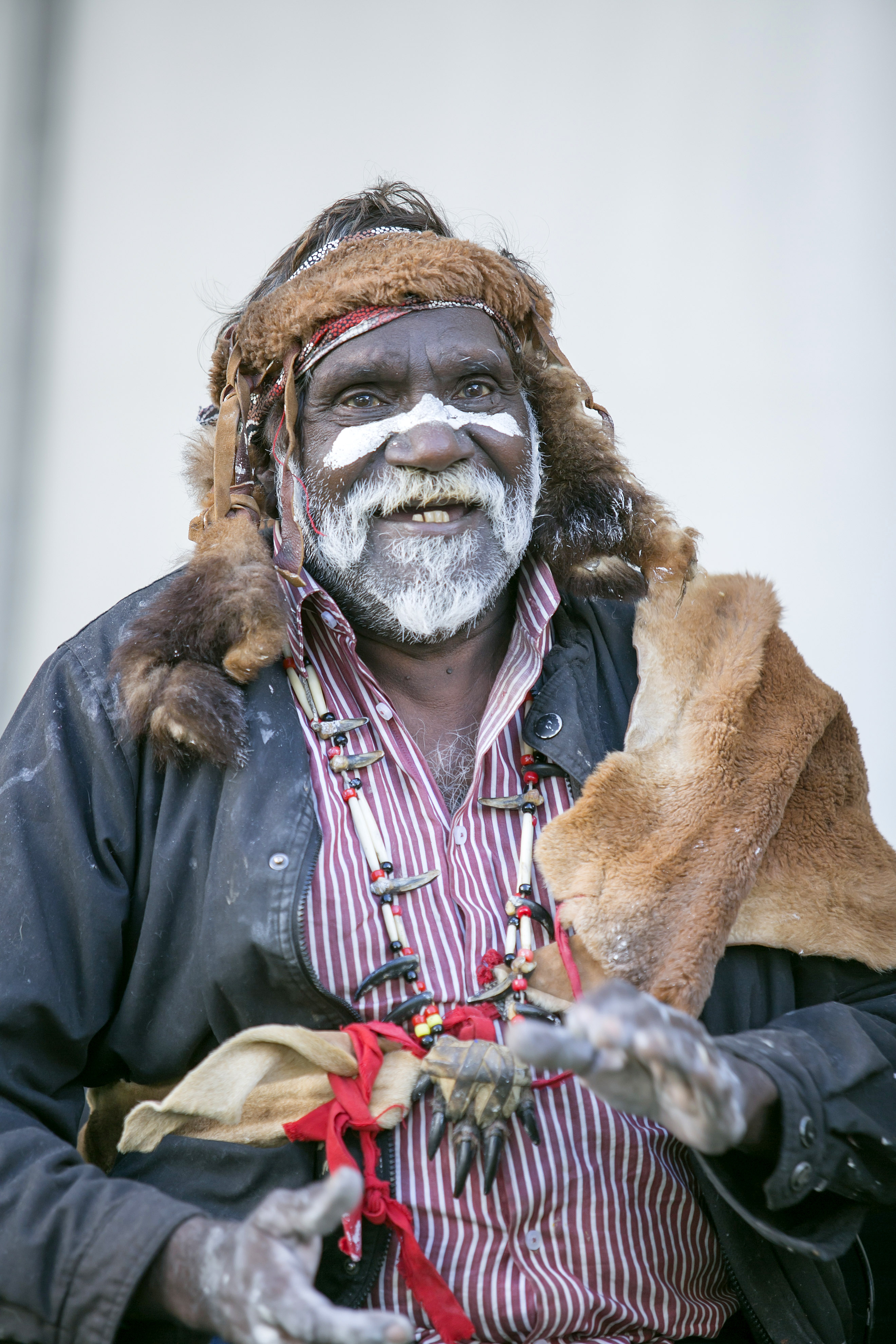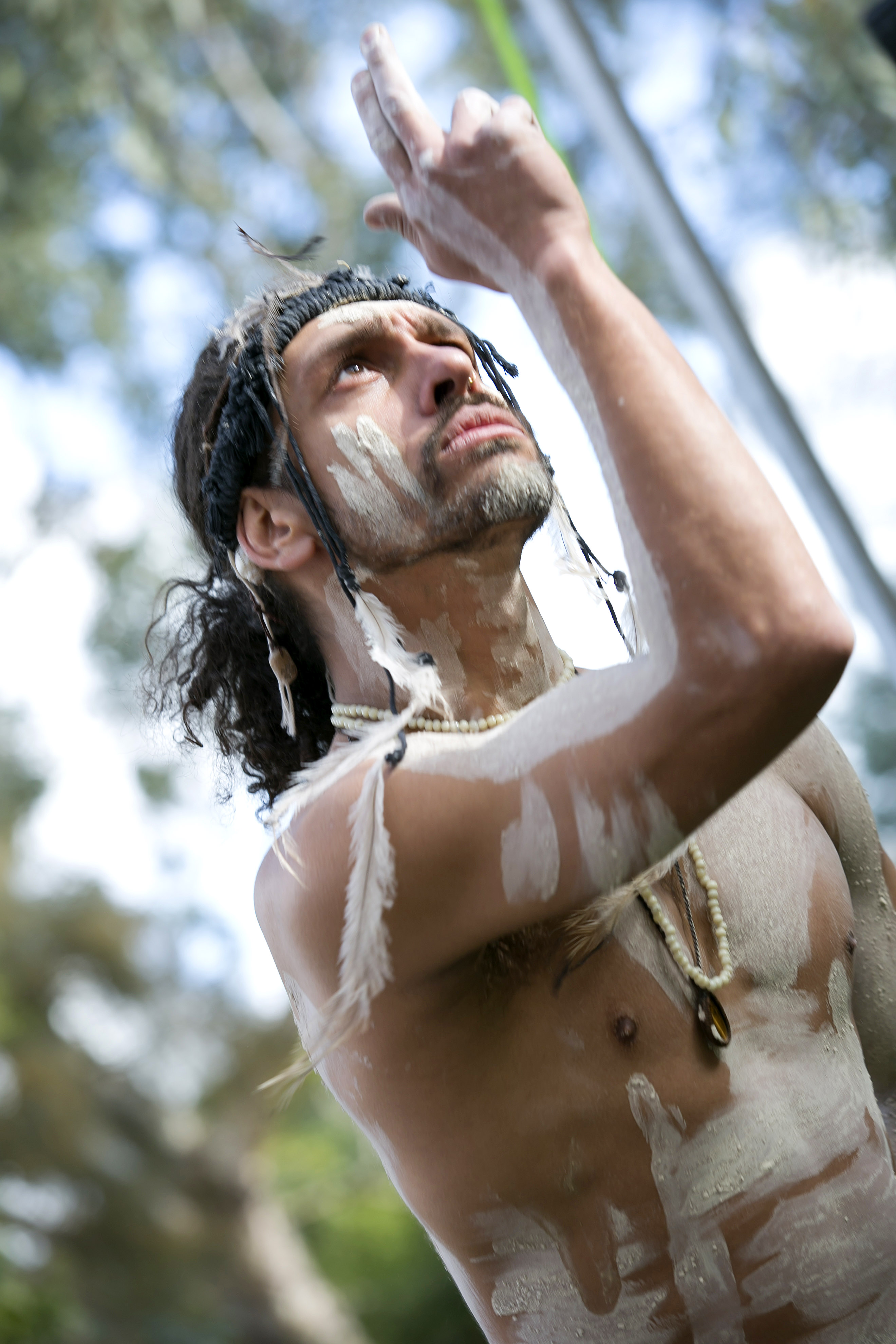The Aboriginal and Torres Strait Islander peoples significant dates highlight important dates to acknowledge, promote and respect Aboriginal and Torres Strait Islander peoples, their culture and defining moments in our history.
Aboriginal and Torres Strait Islander peoples significant dates
The calendar provides an opportunity to recognise important historical events and celebrate the culture and contribution of Aboriginal and Torres Strait Islander peoples.
26 January
On this date, Glen Eira City Council flies the flags at half-mast as a mark of acknowledgement, and show of support and respect to Aboriginal and Torres Strait Islanders peoples.
The anniversary of the National Apology
13 February
The National Apology first held in 2008 says sorry for the past mistreatments to Aboriginal and Torres Strait Islander peoples particularly relating to the Stolen Generations.
www.australia.gov.au Search apology to Australia’s indigenous peoples.
National Close the Gap Day
21 March
National Close the Gap Day raises awareness of the health needs and outcomes of Aboriginal and Torres Strait Islander peoples.
Harmony Day
21 March
Harmony Day celebrates the cultural diversity of Australia and the importance of inclusiveness, respect and sense of belonging for everyone.
National Sorry Day
26 May
National Sorry Day provides the opportunity to reflect on the sad and painful experiences of the Stolen Generations and recognise the healing and power of saying sorry.
National Reconciliation Week
27 May to 3 June
National Reconciliation Week encourages all Australians to learn about the shared histories, cultures and achievements of Aboriginal and Torres Strait Islander peoples. It connects two significant dates and milestones in Australia’s history and in the reconciliation journey; 27 May the anniversary of the 1967 referendum and 3 June — Mabo Day.
Mabo Day
3 June
Mabo Day marks the anniversary of the High Court of Australia’s judgement in 1992 which led to the passing of the Native Title Act 1993. The day is named after Eddie Koiki Mabo a Torres Strait Islander man who led a campaign for Indigenous land rights. He argued that Australia was not terra nullius (land that does not belong to anyone) at the time of European settlement as Aboriginal and Torres Strait Islander peoples had lived on the land and had a unique relationship with it for thousands of years. He argued that white settlers had no right to take the land without agreement or payment.
NAIDOC Week
Held in July each year
NAIDOC Week is a week that celebrates the history, culture and achievements of Aboriginal and Torres Strait Islander peoples. It is celebrated widely within Indigenous communities and by all Australians and provides a great opportunity to participate in a range of activities and to support your local Aboriginal and Torres Strait Islander community.
NAIDOC originally stood for National Aborigines and Islanders Day Observance Committee. This committee was once responsible for organising national activities during NAIDOC Week and its acronym has since become the name of the week itself.
National Aboriginal and Torres Strait Islander Children's Day
4 August
The day celebrates the strengths and culture of Aboriginal and Torres Strait Islander children.
www.aboriginalchildrensday.com.au
International Day of the World’s Indigenous Peoples
9 August
International Day of the World’s Indigenous Peoples was first proclaimed by the United Nations in 1994 and promotes the protection and rights of Indigenous peoples and celebrates their culture and achievements.
International Human Rights Day
10 December
International Human Rights Day marks the anniversary of the adoption of the Universal Declaration of Human Rights in 1948 and celebrates the fundamental proposition that each one of us, everywhere, at all times is entitled to the full range of human rights.
Search human rights day. www.un.org


